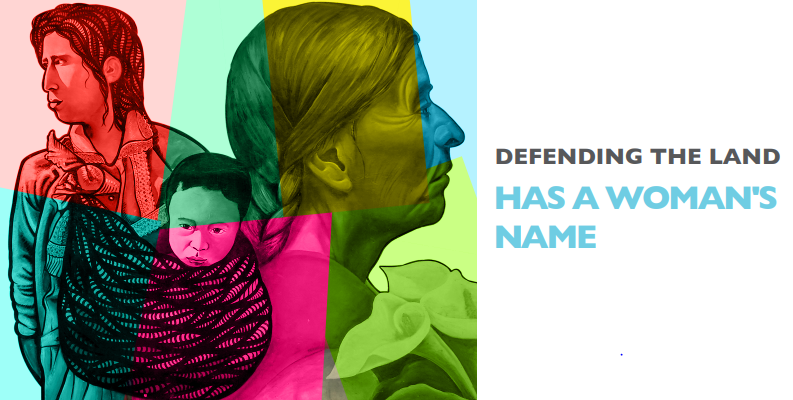Article by PBI-Canada

The Peace Brigades International-Honduras Project has posted: “This Thursday, November 5, the State of Honduras undergoes the Universal Periodic Review (UPR), where the country’s situation on human rights issues will be evaluated.”
During the UPR discussion any United Nations Member State can pose questions, offer comments, and make recommendations to the States under review.
The UPR will be webcast live on UN Web TV here.
PBI-Honduras has noted: “In this context [of the Universal Periodic Review at the United Nations], we have worked to visibilize the specific violence and risks faced by women defenders of land, territory and the environment to demonstrate the need for a differentiated response by the Honduran State to their protection.”
It also highlights: “The National Network of Women Human Rights Defenders in Honduras explains that in Honduras 70% of the attacks against women defenders the aggressors are state security forces, especially police or the military.”
The Military Police for Public Order [PMOP] was created in August 2013.
“As part of the 2015 UPR, the governments of Canada, the United States, Norway and Switzerland published recommendations in which they requested that the military police be redefined as a temporary measure, and lobbied for the intensifying the professionalization of the National Police and the inclusion of human rights training as part of this process.”
But PBI-Honduras notes: “[The PMOP] has become a normalized practice and the number of officers continues to increase.”
“Civil society reports that this increase is accompanied by a rise in human rights violations, and more specifically an increase in sexual abuse.”
It then recommends: “In compliance with international human rights standards, [Honduras should] abstain from using the Armed Forces for citizen security activities and commit to the definition of a clear timeline to eliminate the PMOP as police force responsible for public security.”
Since the 2009 coup d’état in Honduras, PBI has seen with increasing concern the worsening of the situation of human rights defenders. Following a request in May 2010 for accompaniment, the PBI Honduras project was established in 2013.
Thirty-one human rights defenders were killed in Honduras in 2019, including 14 land and environmental defenders, making Honduras the most dangerous country in the world per capita for land and environmental defenders.
To read the PBI-Honduras report (published this past February) related to this UPR process, please see: Defending the Land Has a Woman’s Name. The complete list of 11 recommendations from PBI-Honduras can be read on pages 28-29.

